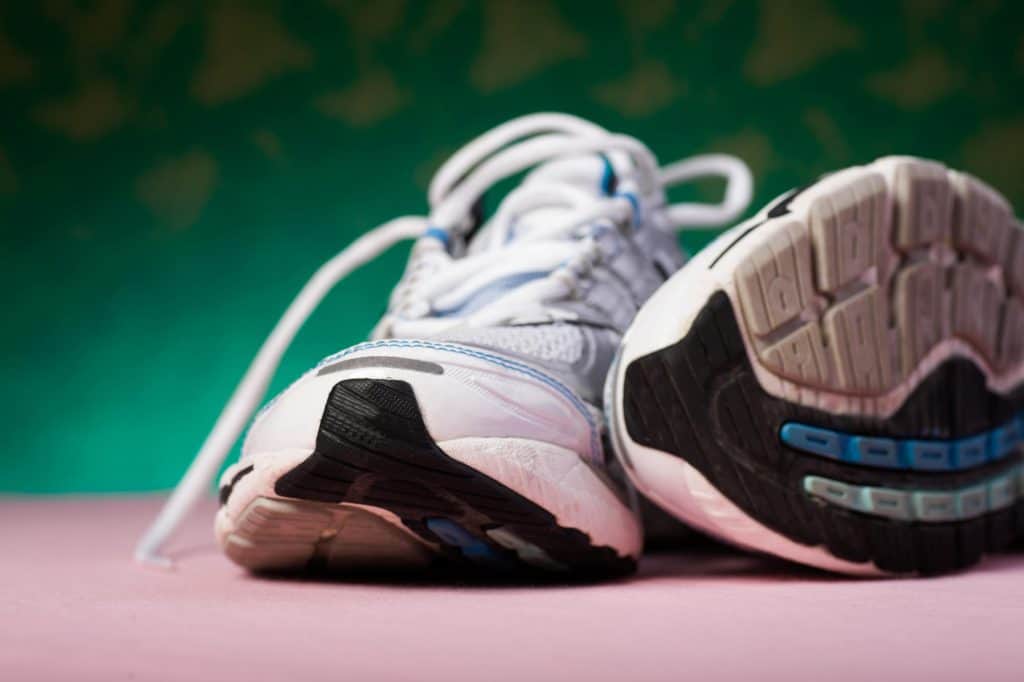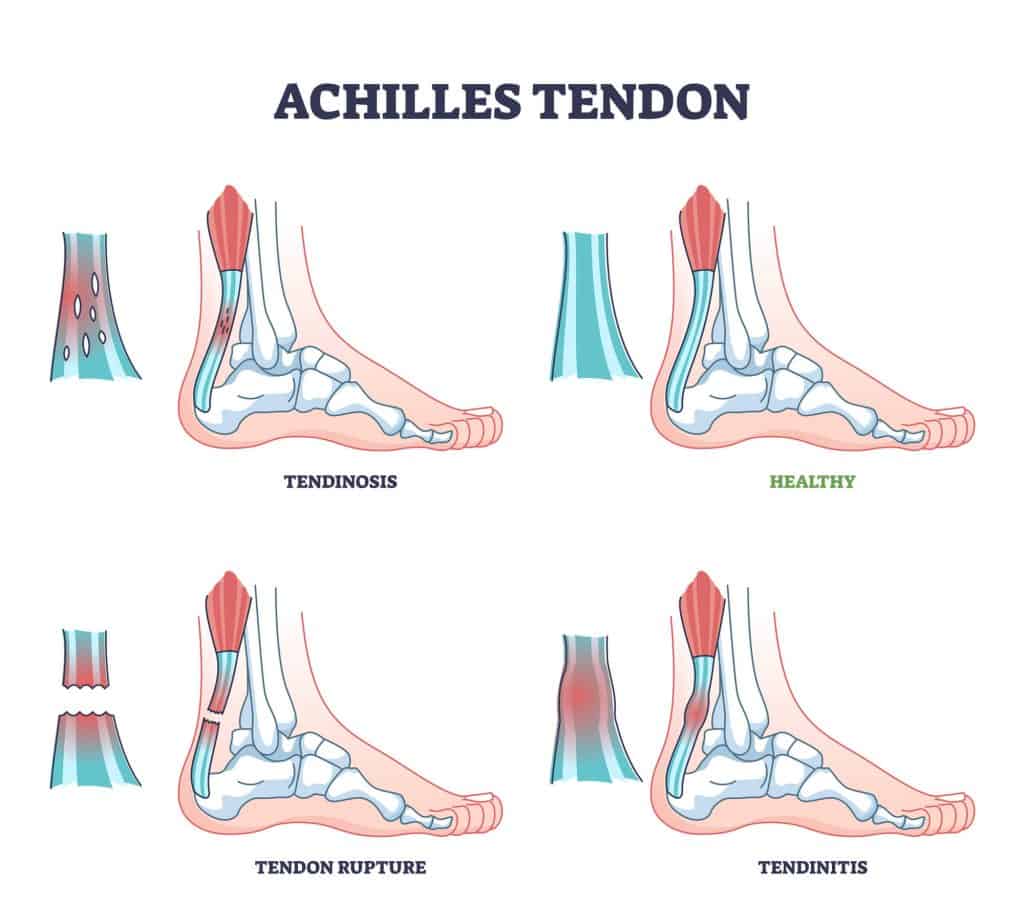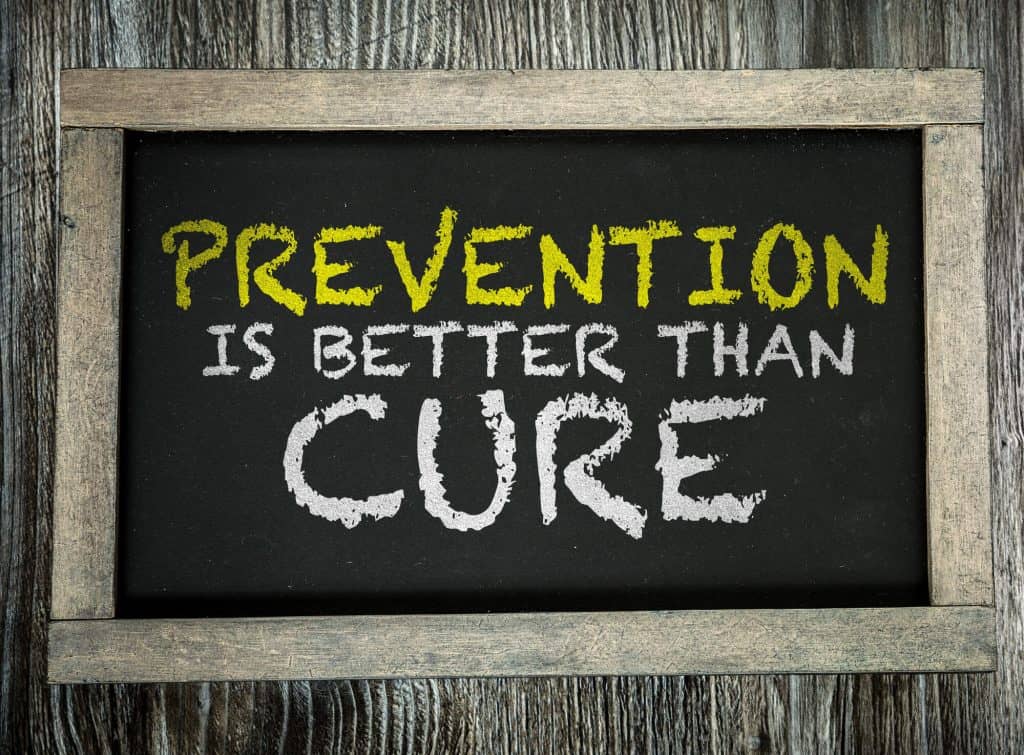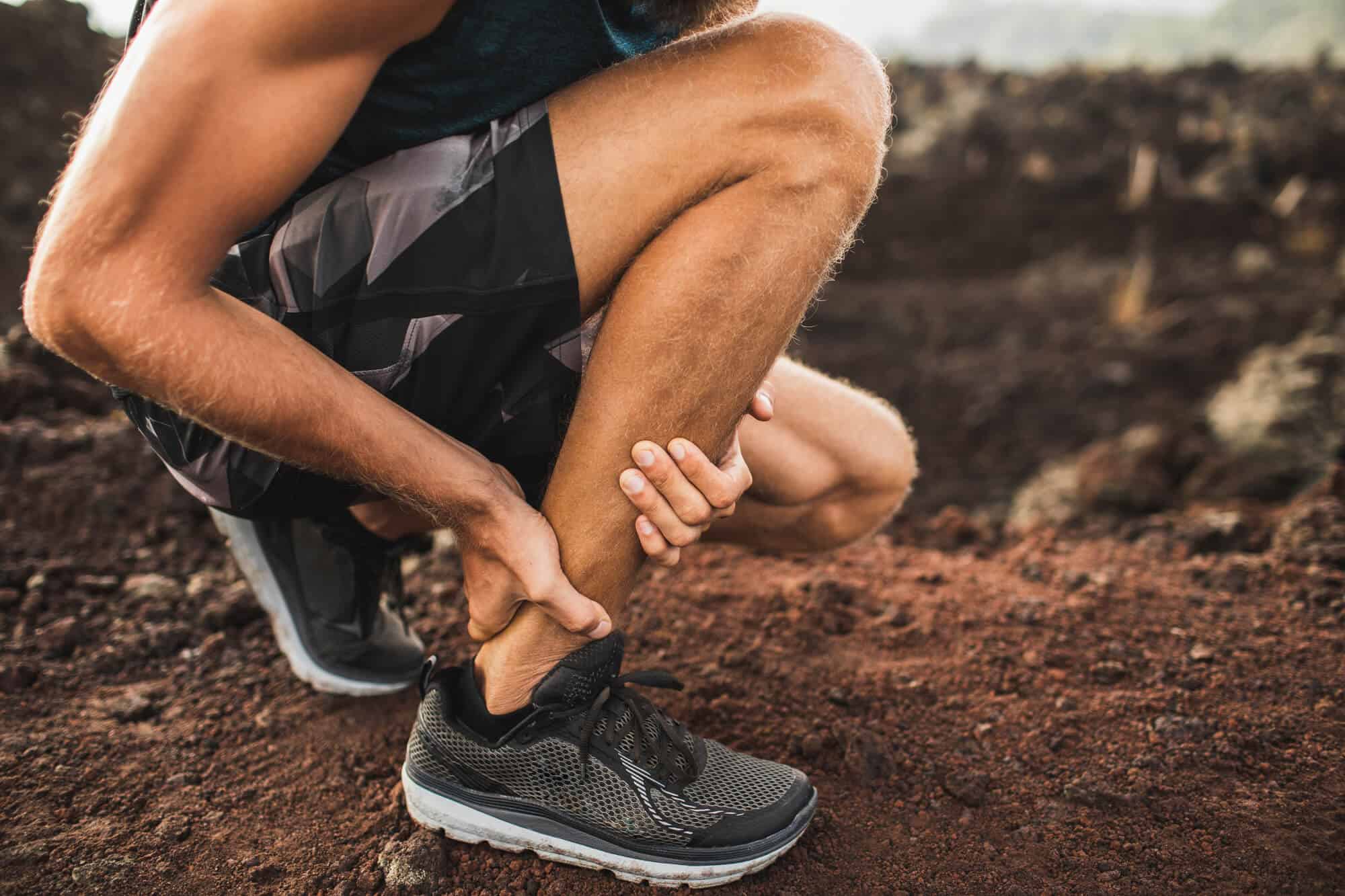Feeling pain in your Achilles tendon while running can be one of the most frustrating experiences any runner could have. Any pain in that area will simply hinder your performance if you’re preparing for a big racing event. “But why does my Achilles hurt when I run?” you’ll ask.
Well, Achilles tendonitis, or Achilles tendon pain, usually occurs when you put more load on this tendon than it’s ready for. This typically happens when runners train for an upcoming race. They’ll push their bodies beyond their limits and, therefore, will be more likely to end up with pain in their lower calf.
To understand the things that cause Achilles pain, how to deal with this uncomfortable condition, and how to prevent it in the future, keep reading!
Why Does My Achilles Hurt When I Run: 5 Reasons
Many scenarios might lead to an overworked and overstressed Achilles tendon, which in turn can cause mild to intense pain in this area of your calf.
In this section, we’ll discuss those causes in-depth so that you can determine the mistakes you’ve made to end up with this soreness in your Achilles.
1. Your Calf Muscles Are Too Tired
The number one reason behind an overloaded Achilles tendon is having fatigued calf muscles. Because these muscles are in direct contact with this tendon, they simply transfer any strain they fall under to your Achilles.
You might be exhausting your calf muscles if you’re doing the following:
- Boosting your mileage sooner than you should
- Holding too much stress in your calf muscles and not stretching them properly
- Overtraining or doing too much exercise after a long hiatus
2. Your Running Shoes Are Too Stiff

Sure, running shoes must hug your feet perfectly to minimize friction, which is the main ingredient for getting calluses. However, running in too stiff shoes isn’t recommended either because they might cause your feet to twist.
Of course, twisting your Achilles over and over can eventually lead to this tendon becoming sore.
3. You May Have an Extra Bone Growth
Although it’s not as common as the other possibilities on this list, it’s still a valid cause of Achilles tendonitis that you should keep in mind. In some cases, people might have bone growth in the area where the heel connects to the Achilles tendon.
With more activity and pressure on this extra bone growth, the more likely it’ll cause inflammation and pain down there.
4. You Put a Lot of Stress on Your Achilles
There are several ways you might be putting too much stress on your Achilles tendon itself without you realizing it.
For instance, having a decreased total lower extremity strength is one surefire way to end up with added stress on your Achilles.
Because your body wants to compensate for the lack of strength in your leg muscles, it’ll transfer all the strain to your Achilles.
Another cause for the increased pressure on your Achilles is doing a lot of hill runs without taking sufficient recovery time between them.
5. You Have Incorrect Running Form
Last but not least, poor running form is another culprit you can blame for having pain in your Achilles tendon.
See, if you tend to overpronate, which is another word for rotating your feet inward with each hit on the ground, that could harm your Achilles, too.
What Are the Symptoms of Achilles Tendonitis?

A lot of symptoms are associated with this condition, and they’ll vary in intensity based on how much stress your Achilles has fallen under.
Why Does My Achilles Hurt When I Run: Here are some signs to look for
- Pain along your Achilles tendon or the back of your heel that intensifies with physical activity
- Soreness of the area in the morning
- Sharp pain along this tendon on the day after you’ve gone for a run
- Swelling of your Achilles tendon (especially one that doesn’t go away with time)
- Thickening of the tendon
- Feeling a “pop” in the Achilles area (usually a sign of a more troublesome injury called an Achilles Tendon Rupture)
When Should I Seek Medical Help Regarding My Achilles Pain?
Seeing a doctor about your Achilles pain is advisable in several situations when it’s most likely a tendon injury or a tough inflammation. But at which point should you seek medical help?
- If you hear or feel a “pop” sound in the Achilles area
- If it feels like you’ve been shot in the back of your heel
- If the swelling or pain doesn’t go away with home remedies within two weeks
- If you feel a lump in this area
What’s the Best Way to Treat Achilles Tendonitis?
For the normal ache in your Achilles due to being overworked or strained, it’s pretty easy to soothe using the aid of many tried-and-true home solutions.
For starters, it’s important that you stop running once you feel a sharp pain in that area of your calf and head home straight away. Once you’re there, take a few minutes to rest your feet on your couch or bed before anything else.
During your 15-to-30-minute rest, you should drink plenty of water to compensate for the fluids you’ve lost sweating throughout your run. Also, have a healthy, nutritious snack with a good amount of protein to refuel.
After resting, wrap some ice in a towel and press it to the area where you feel the pain. Keep it there for at least 15 minutes and repeat the process if the swelling or soreness doesn’t subside within two hours.
You can ice your Achilles area several times a day until you’re satisfied with the results.
There’s also the option to go for anti-inflammatory medicines that could help reduce the pain to a great degree such as ibuprofen. Gels and creams that soothe muscle and tendon soreness are recommended for this purpose as well.
How to Prevent Pain in My Achilles in Future Runs?

Luckily, it’s pretty simple to prevent the chances of developing Achilles tendon pain later on by fixing whatever you’ve been doing wrong to cause it.
Here’s everything you should do to keep Achilles pain at bay during your future runs.
1. Take It Easy With Training
Because putting too much stress on your calf muscles is one of the most common causes of Achilles pain, you should try your best not to do that.
Start by adjusting your weekly running schedule to include enough rest days. Then, it may also be a good idea to limit your hill and speed workouts or eliminate them altogether if the pain is too much to take.
As for your weekly mileage, it’s important that you don’t increase it all of a sudden. Make small advancements in the time and distance that you run without pushing yourself too hard or your muscles will be fatigued.
Of course, as a beginner, it might be tricky to put together a training program that will help you improve your skills without overdoing it.
In this case, your best bet is to talk to a professional trainer so that they can help you build a schedule that’s tailored to your needs.
2. Change Your Running Shoes
If you suspect that your shoes are the ones responsible for your aching Achilles, it may be time to shop for a new pair.
When trying to determine the best running shoes to buy, you should aim for the following:
- More cushioning to absorb shocks
- Perfect fit to your feet without being too tight or too loose
- Top-quality, flexible materials that won’t press on your Achilles too much
3. Strengthen Your Leg Muscles
As we’ve previously mentioned, having weak leg muscles can put too much strain on your Achilles tendon. This can eventually lead to inflammation and even injury if you keep training despite the pain.
To prevent that from happening, you’ll need to include some strength exercises in your routine to build the endurance of your lower body. Here are a few examples of what you should add to your training program:
- Knee, calf, and heel raises
- Walking lunges
- Jumping jacks
- Squats
4. Make Sure You Have Ideal Running Form
Having the wrong posture while running can cause so many issues in all the muscles you’re using, not just your Achilles tendon.
Therefore, you must correct your form by carefully watching yourself run in front of a mirror. After that, take mental notes on what you’ve been doing wrong.
Remember that the mistake that leads to Achilles tendonitis is pointing your feet inward on impact. So, you must pay extra attention to correcting their positioning while you run until it comes more naturally to you.
Final Words
“Why does my Achilles hurt when I run?”
Well, after reading our article, you should be aware of several things you might have done to cause the pain in this area. Achilles tendonitis is typically a result of tight calf muscles, too much stress on the Achilles tendon, poor running form, overtraining, and more.
In most cases, pain in the Achilles area is a breeze to treat at home by resting, using an ice pack, or taking anti-inflammatory meds. If the pain persists for two weeks afterward, we recommend seeing a doctor for diagnosis and advice on treatment options.

